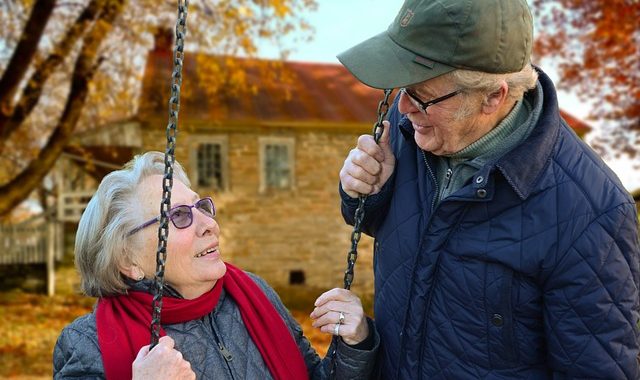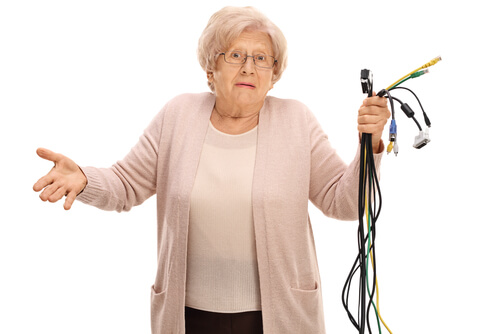
What Does Non-Medical Home Care Cover?
Every year, more and more private home care agencies expand their services to provide non-medical home care to seniors.
Many senior citizens prefer to stay at home rather than face the stress of unfamiliar nursing homes or assisted living facilities, which makes care in their residence a natural choice.
If you have an elderly loved one who doesn’t want to move but needs reliable caregiver services – as well as personal services and health care assistance – consider whether finding a non-medical home care provider may be the best option for you.
Overview of Non-Medical Home Care
Non-medical home care services are typically helper services that assist senior citizens with their day to day business and home chores. This type of service is rapidly increasing in popularity because it allows the elderly to continue living in their own homes.
Not only do in-home care services provide senior care, they are also effective elderly companions that are there to give medication reminders to your elderly loved ones.
This type of service is rapidly increasing in popularity because it allows the elderly to continue living in their own homes. Not only do in-home care services provide senior care, they are also effective elderly companions that are there to give medication reminders to your elderly loved ones.
Who Needs In-Home Care?
Non-medical home care services cater to a lot of seniors with physical and mental disabilities such as serious health issues, Alzheimer’s disease, terminal illnesses, dementia and other memory loss problems.
Caregivers are bound to provide support and assistance to these individuals to make their daily tasks a lot easier without the need to be put in nursing homes or skilled nursing facilities. They may be hired for short-term recovery services or long-term care services.
Unfortunately, many seniors are reluctant to let another person help them with their day to day business, especially if it is a stranger. Sometimes, they hate to admit that they are not capable enough to perform their simple daily tasks such as meal preparation, shopping and housekeeping. It is possible that their personal tasks such as grooming, dressing, bathing and toileting may already be becoming unmanageable for them.
What Is the Difference Between Home Health Care and Non-Medical Home Care?
Before hiring private duty home assistance, it’s important to distinguish between home health care providers and non-medical home caregivers.
Home health care is a specialized type of medical care. This type of assistance can only be provided by respiratory and physical therapists, as well as licensed nurses and nurses’ aides. We explained this role in greater detail here. If you’re interested in the various roles of home care professionals, you can also read about the difference between Certified Nurse’s Assistants (CNAs) and Home Health Aides (HHAs)
If you’re interested in the various roles of home care professionals, you can also read about the difference between Certified Nurse’s Assistants (CNAs) and Home Health Aides (HHAs) here.
These care providers are medically trained professionals in the health care and/or psychiatric fields.
If your loved one needs more than everyday support at home and/or has a medical condition that requires someone with the training to treat it, you should ensure that these requirements are covered.
That doesn’t mean that you can’t consider a non-medical home care provider, but they will need to be a part of the broader team to ensure all of the patient’s professional healthcare needs are fully covered.
What Services Are Provided By Non-Medical Care Givers?
Non-medial senior care providers assist your elderly relatives with daily chores and tasks. These can include:
- Light cleaning,
- Grocery shopping,
- Cooking,
- Laundry,
- Bathing,
- Bathroom breaks,
- Personal grooming,
- Getting dressed.
Availability of such services and the ability to assist with specific tasks may vary by provider. To be certain that your loved one receives the core care activities that they require on a daily basis, be sure to make a list of the key tasks they’ll need assistance with.
For more advance care requirements when you can’t be there, there are also live-in care companions. Home caregivers that provide elderly companionship 24 hours a day will be harder to find and can obviously become expensive, but for a senior who simply won’t live anywhere else, the peace of mind can be worth such as investment.
Take time to consider the most important aspects of home care for your friend or family member.
When you know what you need and are ready to talk to care providers, simply call 1-800-HOMECARE to find the most appropriate service in your area.
Don’t forget about our directory of hospice providers, either!






